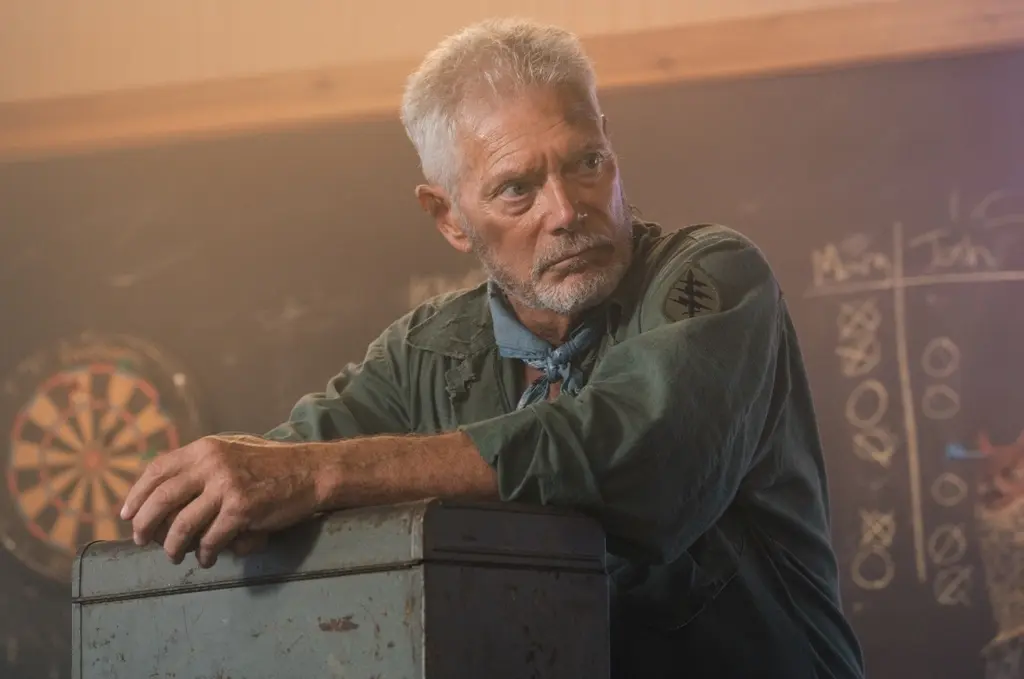NR | 1h 36min | Documentary, Biography, Cuisine | 18 November 2022 (USA)
For foodies everywhere, or anyone living in or near Chicago, Charlie Trotter was synonymous with high-end fine dining. In the new documentary “Love, Charlie” (subtitled: “The Rise and Fall of Chef Charlie Trotter”) from first-time feature director Rebecca Halpern, we get an intimate and thorough examination of a complex, intense, and complicated man whose fiery passion catapulted him to the top of the food world and eventually led to multiple personal and professional ebbs.





